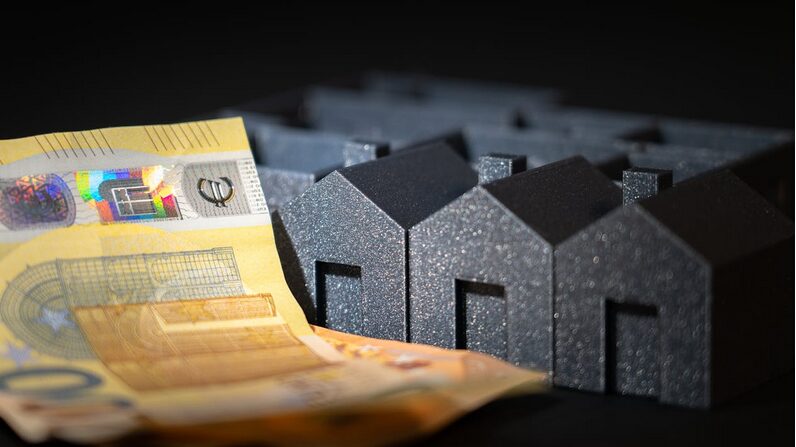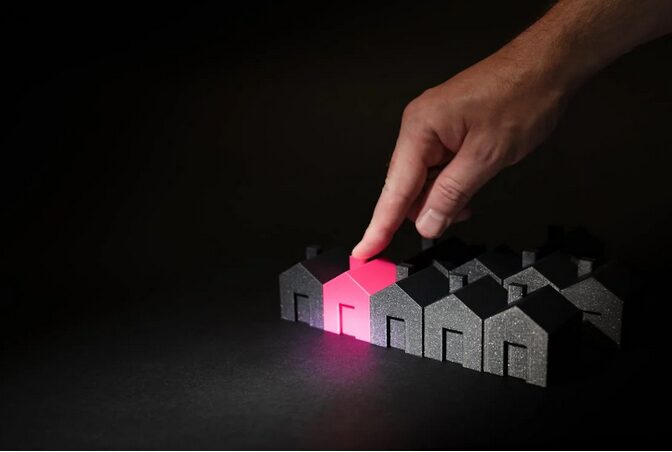Are you torn between building your dream home from scratch and buying one ready for you to move in? You see, the dilemma between these options doesn’t occur only inside your mind. As the housing market evolves, many potential buyers are faced with this dilemma, an expert behind Esslinger Zeitung mentioned.
The decision isn’t just about bricks and mortar; it’s about lifestyle, investment, and personal preferences. In this blog post, we’ll dive deep into the pros and cons of both options to help you decide which path makes more sense in today’s dynamic market. Read on to explore everything from costs to customization.
Cost Comparison

Building a home often requires a more significant initial investment in terms of cost. Land purchases, construction materials, and labor can add up quickly, and unexpected expenses frequently arise during the building process. On the flip side, buying an existing home may seem like a budget-friendly option initially. However, hidden costs such as repairs or renovations can drive up your total expense after purchase.
Additionally, consider long-term financial implications. Brand-new homes often have lower maintenance costs for several years compared to older properties that need immediate attention. So, your decision will hinge on your current financial situation and future plans.
Customization vs. Immediate Availability
Building a home offers endless possibilities. You can freely choose the layout, materials, and even the tiniest details like fixtures and finishes. This level of customization allows you to build a space that truly reflects your style and meets your needs. Quite the contrary, buying an existing home means immediate access. No waiting months or years for construction to finish. You can move in right away and start making memories without delay. However, sometimes existing homes come with quirks that require renovations or updates. These changes might not match your vision perfectly but can add character over time.

Market Conditions
The real estate market is a truly dynamic landscape. Buyers are facing limited inventory, which can make finding the perfect home challenging. Many areas have seen bidding wars drive up prices. On the flip side, building a home might offer some relief from these pressures. However, wait times for construction can stretch out significantly. Labor shortages and supply chain issues can often be the culprit. Interest rates also play a crucial role in decision-making today. As they fluctuate, so does affordability for many buyers looking to secure their dream property.
Personal Lifestyle Preferences
When deciding between building and buying a home, personal lifestyle preferences play a crucial role. Your daily routine, family dynamics, and future aspirations can heavily influence your choice. If you value the charm of an established community with nearby amenities like parks, schools, and shops, buying might be more suitable.
On the other hand, if you’re someone who thrives on creativity and wants a space that reflects your personality from day one, building a home could be enticing. You have complete control over design elements and layout. But at last, it comes down to what matters most in this phase of life.
Long-Term Value

When weighing the long-term value of a building versus buying a home, several factors come into play. A newly constructed house often boasts modern features and energy efficiency, appealing to eco-conscious buyers. This can also mean lower utility bills over time. In contrast, existing homes may have established neighborhoods with mature landscaping and amenities nearby. The charm of an older property can attract potential buyers in the future. Market fluctuations also impact appreciation rates for both options.
Newly built homes might rise quickly in value during a booming market but could lag behind once trends shift. Maintenance costs differ significantly as well. New builds typically require less immediate upkeep, while older homes may demand more repairs sooner or later. Understanding these dynamics helps prospective homeowners make informed choices about their investment’s future worth.


